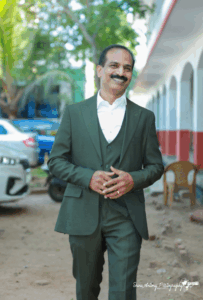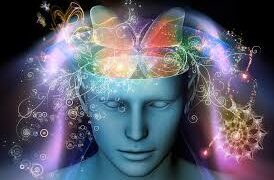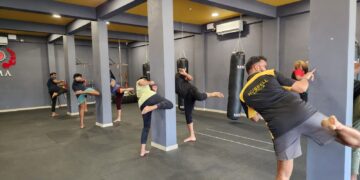Mindfulness is the art of awakening our consciousness to the present moment. It means living fully in the now—being entirely aware of what we’re doing, thinking, and feeling as we experience it. When we speak, act, or observe with intentional awareness, we are practicing mindfulness.
As Thich Nhat Hanh explains in his book The Art of Living, the path to mindfulness lies in “living with awareness, seeing things clearly, without the clouds of judgment or distraction.” A Buddhist saying echoes this beautifully:
“A monk knows he is walking when he walks. He knows he is standing when he stands. He lies down, sits, and speaks with full awareness.”
This is the true essence of mindfulness.
When you wake up in the morning, become aware that you are awake. As water cleanses your body, feel the flow of water over your skin and within your being. When brushing your teeth, focus solely on the movement of the bristles between your teeth, the flavor of the toothpaste, and the strength of your jaw. That is when brushing becomes meaningful.

Contrast this with those who hastily apply toothpaste, half of which ends up in the sink or on the floor—people who do their daily tasks mindlessly. Mindfulness means living every moment with presence, not just going through the motions.
For instance, eating while standing is not ideal. Take a plate, sit down, observe the colors and variety of the food before you. Express gratitude to all those who contributed to bringing it to your table. Eat slowly and savor each bite.
Avoid multitasking during meals—don’t read, chat, or watch TV while eating. People who practice mindfulness nourish both their body and mind.
These days, some even use their phones while in the bathroom. This shows how far we’ve strayed from awareness.
Even walking can become a mindful act. Try taking ten steps a day with complete attention to how your feet touch the ground. Words spoken from a mindful heart are often powerful and pure.
Mindfulness is not a technique to be practiced for 21 or 180 days—it’s a lifelong way of living. It’s a skill that demands time, patience, and conscious effort. Initially, it may feel difficult, but over time, it becomes second nature.
The Three Stages of Mindfulness:
- Physical Awareness – being fully present in your body and actions.
- Mental Awareness – observing your thoughts without judgment.
- Emotional Awareness – recognizing and understanding your feelings.
Mindfulness is not merely meditation—it is a commitment to live with awareness, clarity, and intention in everything you do.
— Lalu Malayil
Author & Transformation Coach






























































